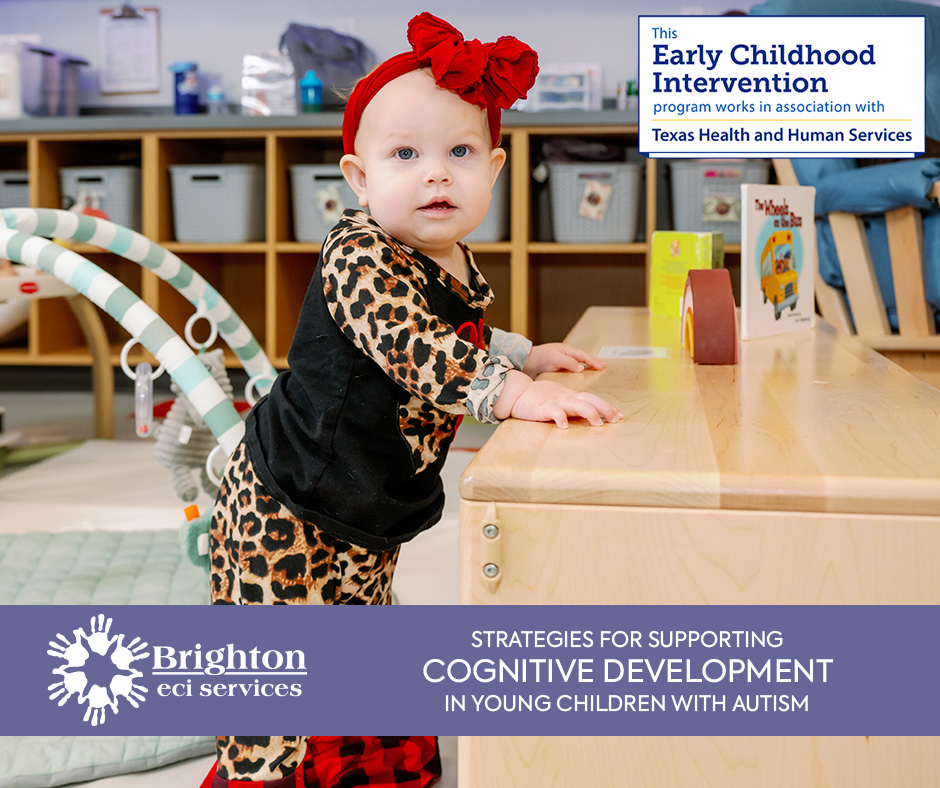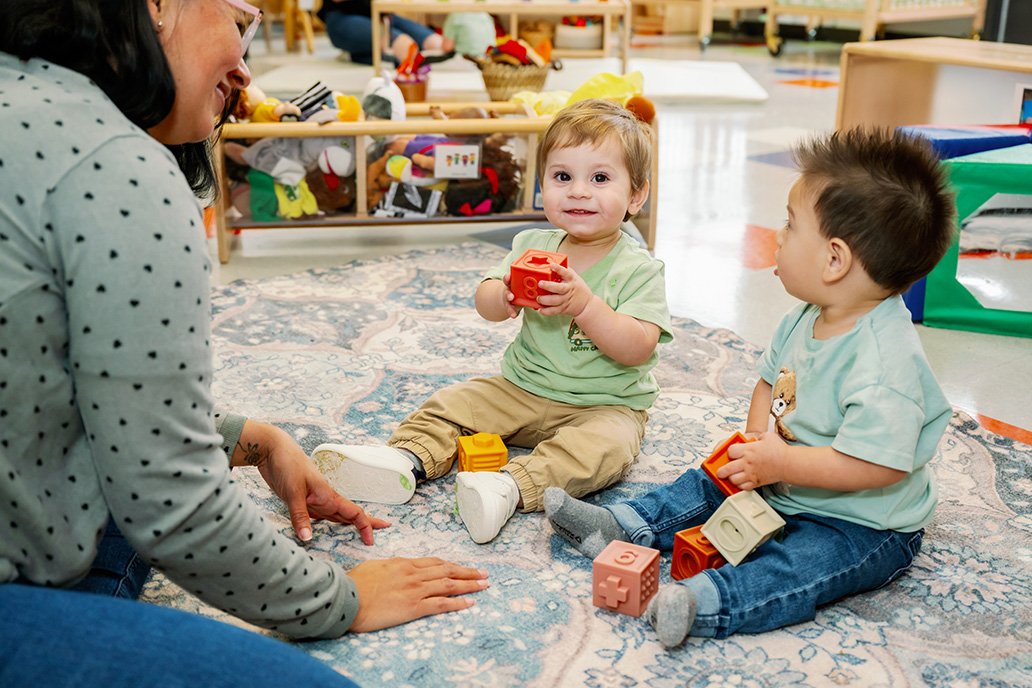Autism Spectrum Disorder (ASD) is a neurodevelopmental condition that affects social interaction, communication, and behavior. Children with autism often face unique challenges in cognitive development, but with the right support and strategies, they can make significant progress.
Understanding Autism and Cognitive Development
Before delving into strategies, it’s crucial to understand that autism affects each child differently. Some children may excel in certain cognitive areas while struggling in others. Common cognitive challenges in children with autism include:
- Difficulty with executive functioning like planning, organizing, and problem-solving
- Challenges with social cognition and theory of mind
- Sensory processing issues
- Struggles with flexible thinking and adapting to change
- Difficulties with communication and language processing
Caregivers can tailor their approach to each child’s needs by recognizing these challenges.
Strategies for Supporting Cognitive Development
1. Create a Structured Environment
Children with autism often thrive in structured, predictable environments. Caregivers can support cognitive development by establishing and maintaining routines, using visual schedules to outline daily activities, and creating designated spaces for learning, playing, and relaxing activities.
A structured environment helps reduce anxiety and allows children to focus on learning and skill development.
2. Use Visual Supports
Many children with autism are visual learners. Incorporating visual aids can significantly enhance their understanding and retention of information. Strategies include:
- Using picture cards or symbols to represent objects, actions, or concepts
- Implementing visual timers to help with time management
- Creating visual step-by-step guides for tasks and routines
Visual supports can aid in communication, promote independence, and support the development of executive functioning skills.
3. Incorporate Special Interests
Children with autism often have intense interests in specific topics. Leveraging these interests can be a powerful tool for cognitive development. Parents and caregivers can use the child’s interests as a gateway to introduce new concepts and learning activities can be centered around favorite subjects. This approach motivates the child and helps them generalize skills to other areas.
4. Promote Sensory Integration
Sensory processing difficulties can significantly impact a child’s ability to learn and engage with their environment. To support sensory integration:
- Provide a variety of sensory experiences in a controlled manner
- Create a sensory-friendly learning environment
- Incorporate sensory breaks into the daily routine
- Use sensory tools (e.g., fidget toys, weighted blankets) to help with focus and regulation
Addressing sensory needs can improve attention, reduce anxiety, and enhance overall cognitive functioning.
5. Encourage Social Interaction and Play
While social interaction can be challenging for children with autism, it plays a crucial role in cognitive development. Here are a few suggestions on ways caregivers can gently guide children with autism into social interaction:
- Facilitate structured play sessions with peers or siblings
- Use social stories to teach social skills and concepts
- Engage in parallel play, gradually introducing more interactive elements
- Practice turn-taking and sharing in controlled settings
These activities support the development of social cognition, communication skills, and flexible thinking.
6. Foster Communication Skills
Communication is fundamental to cognitive growth. For children who have difficulty speaking or who struggle to speak in public settings, consider using alternative and augmentative communication (AAC) systems. There are many types of AAC, including hand gestures and signing, picture/word boards, and mobile devices. Learn more about AAC here.
Parents can also encourage verbal communication through modeling and prompting as well as teaching and practicing nonverbal communication cues. Improved communication skills can lead to better social interaction, problem-solving, and overall cognitive functioning.
7. Implement Cognitive Training Exercises
Specific exercises targeting cognitive skills can be beneficial. Caregivers can make learning these skills fun by incorporating them into activities like memory games to improve recall and attention, sorting and categorizing activities, problem-solving puzzles, and sequencing tasks. These exercises should be tailored to the child’s interests and abilities to maintain engagement.
8. Use Technology Wisely
Technology can be a powerful tool for cognitive development when used appropriately. This article provides a breakdown of the 12 best apps for cognitive development and skill-building for children on the autism spectrum. Caregivers must ensure that technology use is balanced with other forms of learning and interaction.
9. Practice Mindfulness and Emotional Regulation
Helping children with autism understand and manage their emotions can significantly impact their cognitive abilities:
- Teach simple mindfulness exercises
- Use emotion cards or charts to help identify feelings
- Practice calming techniques like deep breathing or progressive muscle relaxation
- Create a “calm down” corner with soothing activities and objects
Emotional regulation skills can improve focus, reduce anxiety, and enhance overall cognitive functioning.
10. Collaborate with Professionals
Working with professionals is crucial for comprehensive support. Brighton Center uses a family-centered approach in all our intervention and therapy services. We have:
- Occupational therapists to address sensory processing and fine motor skills.
- Speech therapists to support language development and communication.
- Early Intervention Specialists (EIS) trained in Early Autism Intervention strategies that have been proven effective for developing the early social communication skills of social engagement and verbal reciprocity in toddlers. Our Early Intervention Specialists also provide Specialized Skills Training (SST) that helps caregivers understand how children learn and grow.
- Inclusive preschool classrooms where certified teachers provide tailored strategies.
Supporting the cognitive development of young children with autism requires patience, creativity, and a tailored approach. Caregivers can create an environment that fosters growth, learning, and success by implementing these strategies and remaining attuned to each child’s unique needs and strengths.
 With dedicated support and appropriate interventions, children with autism can make remarkable strides in their cognitive development, unlocking their full potential and paving the way for a fulfilling future. Contact us today to learn more about Brighton’s services.
With dedicated support and appropriate interventions, children with autism can make remarkable strides in their cognitive development, unlocking their full potential and paving the way for a fulfilling future. Contact us today to learn more about Brighton’s services.














